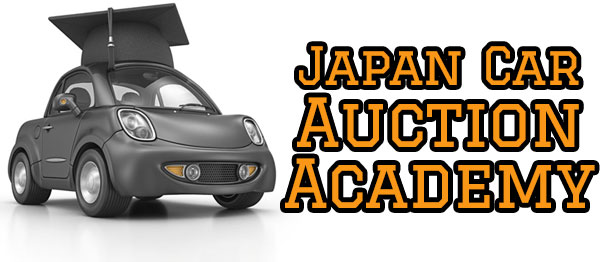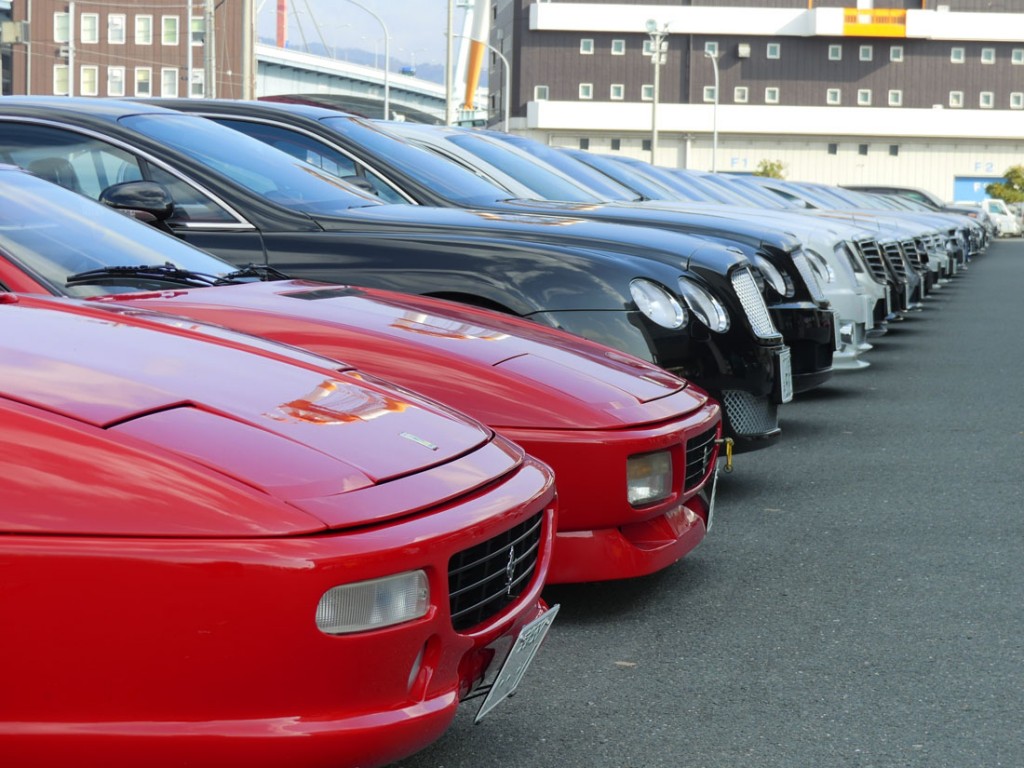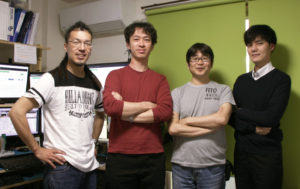How do reserve prices work in Japan's car auctions?
Japan's car auctions are no different to any other auction. Each car has its own reserve price. So what do you need to know about reserve prices as a buyer?
Sometimes You Know The Reserve Price
Reserve prices are sometimes mentioned on the auction sheet. If a car is not expected to sell very much, then the price at which bidding starts (the start price) may be set as the reserve price.
Sometimes we will buy cars for as little as 3,000 JPY (one bid) over the start price for this reason. (If we are the only bidder, and the start price is also the reserve price.) In other cases, the reserve price may be mentioned on the auction sheet, but be at a higher level than the start price.
Usually you don't
It's more common to find nothing about the reserve price mentioned on the auction sheet. Of course, there must be a reserve price, as the auction needs to know at what point the car can be considered sold. The thing is, in this case we the bidders do not know where this trigger point is.
Does it help to know the reserve price?
Now, we don't translate comments about the reserve price in our auction sheet translations. So, why is that?
Well, the reason is simple: It doesn't really matter where the reserve price is. What is important is how much the market thinks the car is worth. A seller could set a reserve price of 0 JPY, and yet strong competition between bidders could push the price up beyond 1 million JPY.
On the other hand, a seller could set the reserve price at 2 million JPY, only to find that bidding stalls at 650,000 JPY and the car fails to sell.
In summary, where the reserve price is set is a tactical decision made by the seller, but as a buyer, you need to be focused on the market value of the vehicle.
There are two things which help you determine this market value: Firstly, the prices which cars of similar age, mileage, model, and auction grade have sold for in the recent past, and secondly what's the car is worth to you in your market.
Unless these match up, you aren't going to have a successful bid. If the Japan auction market price is more than you can afford to make profit when you sell it at your end, then you don't want to buy it. It's this calculation, rather than the reserve price (or the start price, for that matter), which you need to be focused on.

We find that the most successful importers really understand how it all works - from the auction to the ship and beyond. Don't get left behind!



